The following article contains mild spoilers for Returnal, as well as haunting meditations on the nature of recurring video game character death, nbd.
If there’s one problem with Returnal, it’s that there aren’t enough corpses. Sure, you’ll stumble across one of Selene’s lifeless husks every now and then, but that’s letting her, and you, off easy. Returnal should make every death spawn a persistent corpse, a memento of your (or other players’) failure, to the point where, if you fail enough, the level becomes wall-to-wall cadavers.
Because, corpse carpets aside, Returnal shines a light on the real horror of video games where your protagonist can meet a sticky end. It scratches the nagging mental itch I’ve had ever since I read this The Onion article about Metal Gear Solid’s Solid Snake, condemned to die and die again for the entertainment of “God,” an 11-year-old boy. Logically I know that video game characters don’t have a scrap of sentience, but that hasn’t stopped me from considering the horrors I’ve subjected them to in the name of entertainment.
Take the original Tomb Raider, for example. From a story perspective, Lara is bulletproof. She escapes every trap by the skin of her teeth, clambers up rock faces without so much as a safety rope, and, at the cost of a few endangered species, saves the world from an Atlantean demi-goddess.
In “reality,” I’ve subjected her to the kind of nightmare that would make Hellraiser’s Pinhead raise an eyebrow. Subject to the will of some merciless entity, she leaps into a chasm, landing at the bottom with a sickening, bone-crunching thud. Moments later she’s restored to life, standing at the edge of that same chasm. It takes six agonizing goes before I realize maybe the exit isn’t that way.
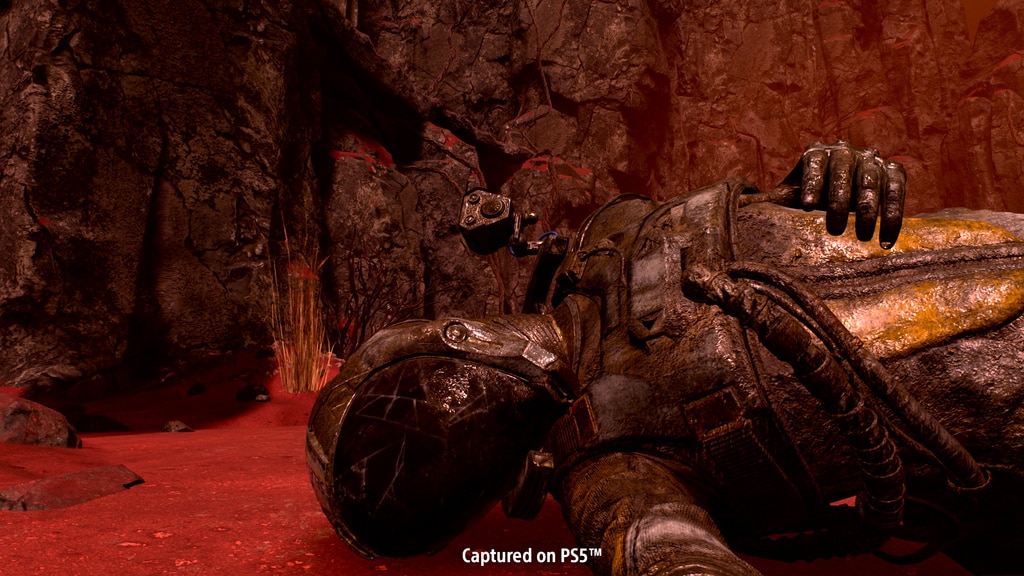
Likewise, maybe Crash Bandicoot isn’t talking gibberish for fun; the catalogue of deaths he’s been subjected to have rendered him insensible, unable to string together a coherent sentence. Dead Space’s Isaac Clarke prays that his next demise will be swift, decapitated by a necromorph’s blades instead of being skewered through the torso, watching his viscera spill out onto the floor.
Demon’s Souls and Planescape: Torment have touched on the notion, but Returnal takes this distressing concept and gives it a voice. Selene may not know she’s a video game character, but unlike the protagonist of most other titles, she feels the physical and mental toll of each death.
For all her training and determination, the torment eats away at her, and when the game delivers its biggest gut punch, she’s an emotional wreck. Two minutes after being crushed by a falling train, Uncharted’s Nathan Drake might be wisecracking again, but Selene’s suffering stays with her. Eliminating enemies and finding the White Shadow signal is an arbitrary goal at best; her real objective is to end this horrifying cycle.
I know, logically, that Selene doesn’t really feel, nor do any of the other NPCs I’ve inadvertently led to their doom over the years. But who’s to say there won’t be a point where, like something out of an episode of Black Mirror, “player” characters acquire a scrap of sentience? Sony has already filed a patent for an AI system that allows games to play themselves, so it’s not the biggest stretch to imagine protagonists or even NPCs becoming self-aware.
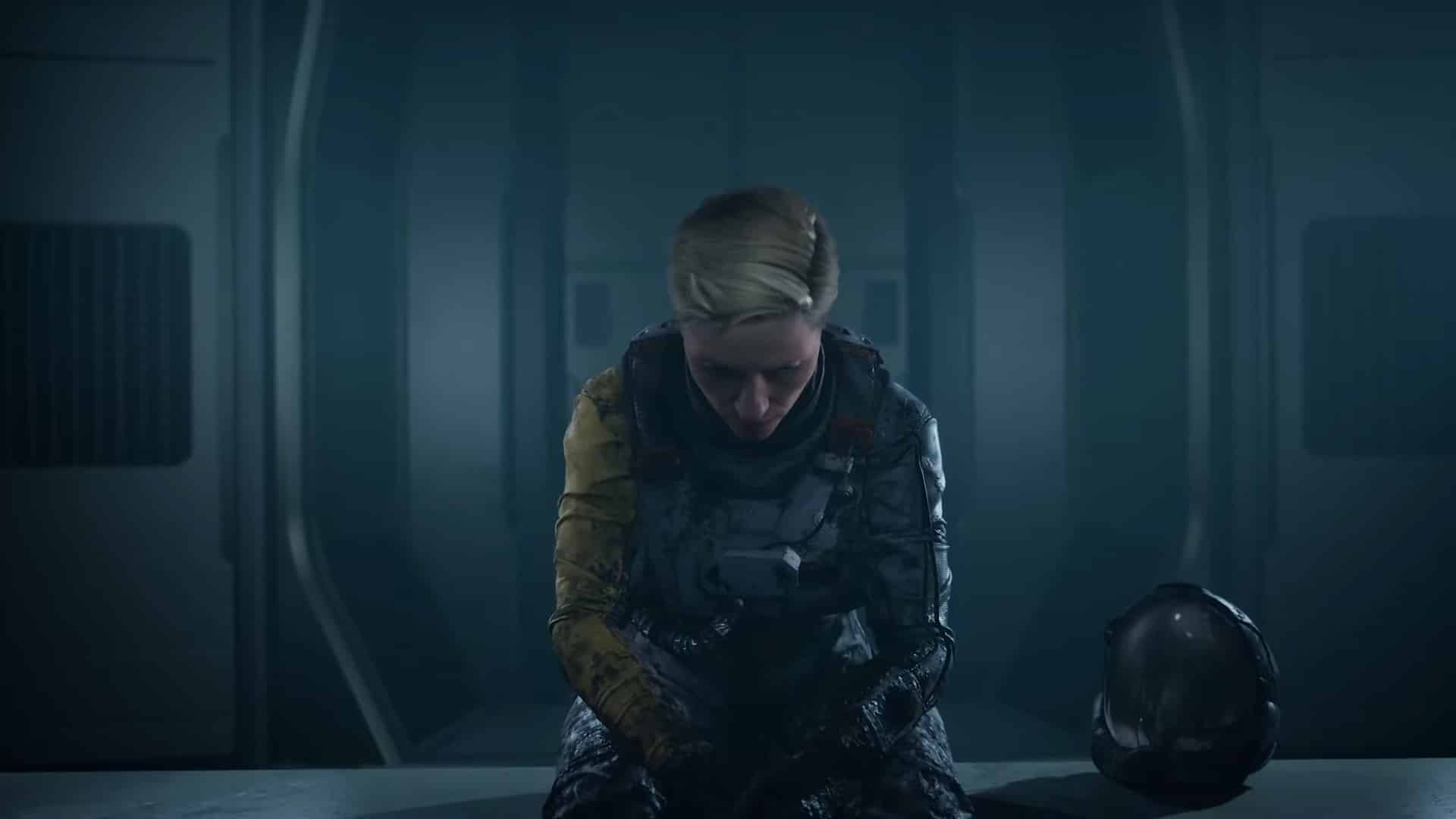
Should that ever happen, it’ll lead to some major ethical quandaries, to the point where Amnesty International will need to set up its own organization to investigate the rights of video game characters; they’ve got the right initials, at least. Just wait till it’s discovered the Singularity started with Fortnite’s alleged bots.
Returnal makes you a key factor in Selene’s perpetual torment. The more you play, the more you get the feeling you aren’t going to get a neat, happy ending, everything tied up in a bow. But because, from a gameplay standpoint, Returnal is so addictive, you keep playing. Then you take a look at the stats and notice just how many times Selene has died while under your control. Games are quick to show you how many hours you’ve put in, but relatively few actually keep a tally of your deaths.
It was as Selene’s deaths inched closer to three digits in Returnal that a revelation hit me. I wasn’t just a factor in her ever-looping misery — I was its architect. By shoving her suffering in my face, I’d been given the opportunity to break the cycle, to step away. I could set down my controller and play something else instead, something where death was less commonplace.
And did I? No. I was having just too much fun, which is going to lead to a huge ethical dilemma if Returnal 2 rolls round and Selene’s really thinking for herself. Returnal shows that games are hell, but as long as I’m not the one suffering, I’m happy to reap the rewards.

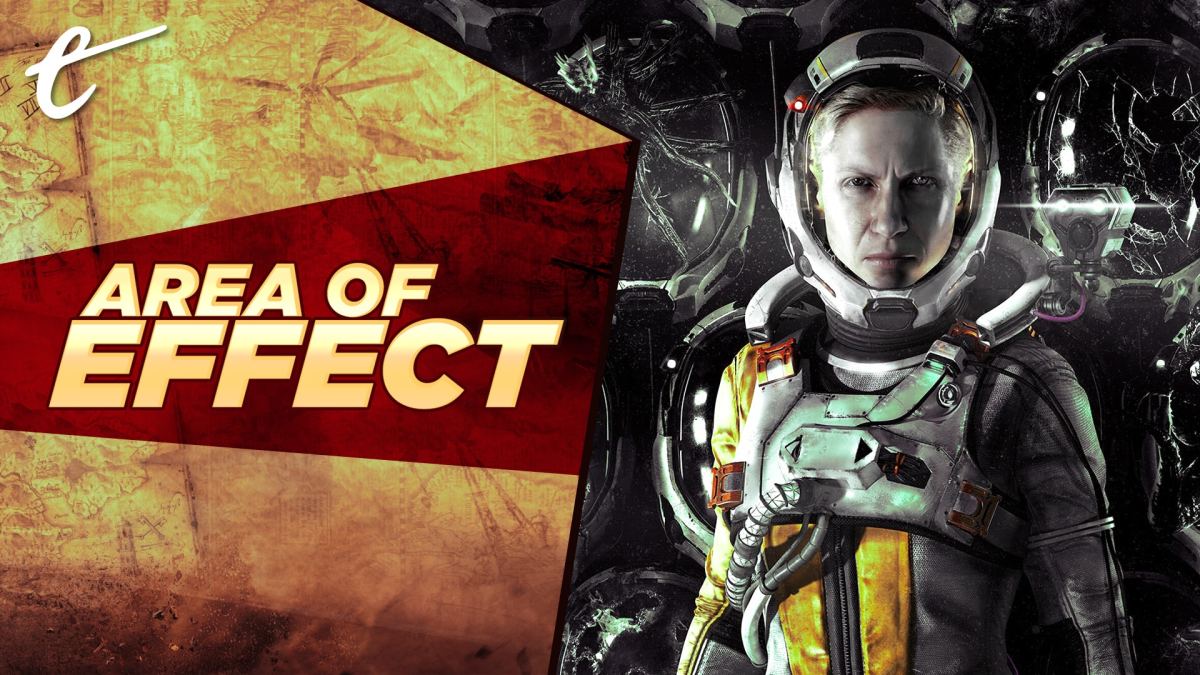
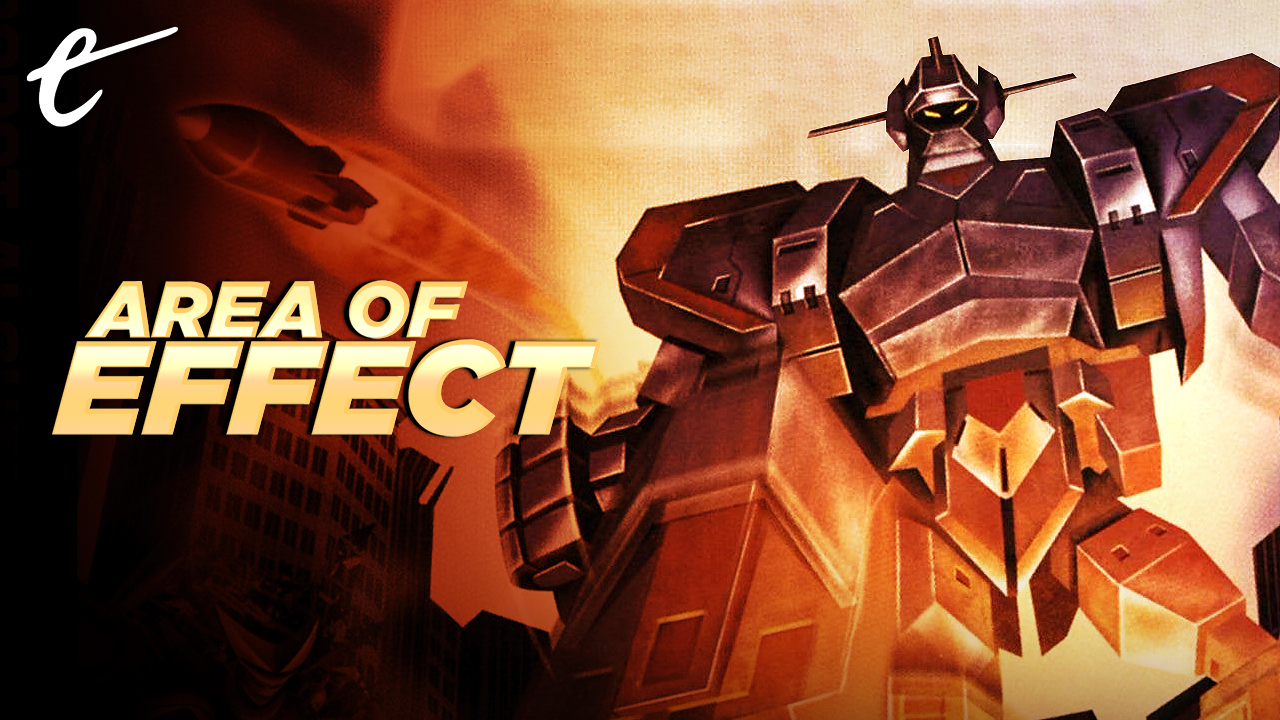

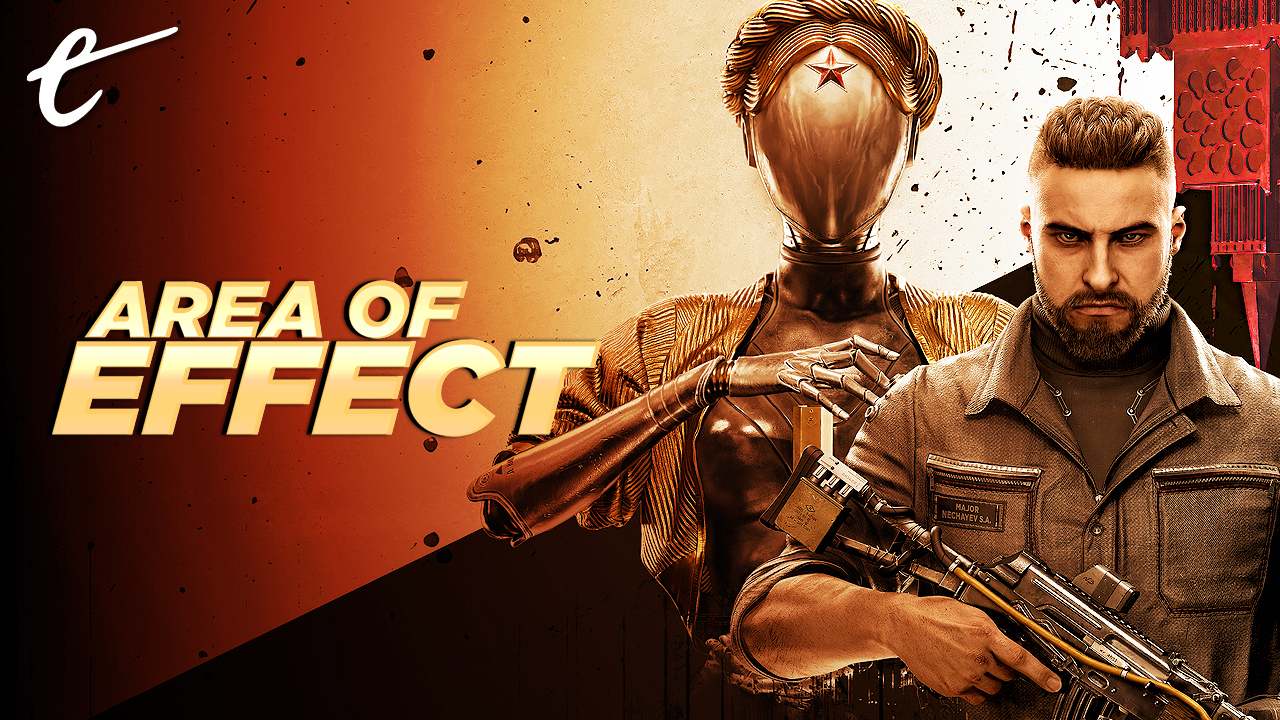

Published: May 11, 2021 11:00 am